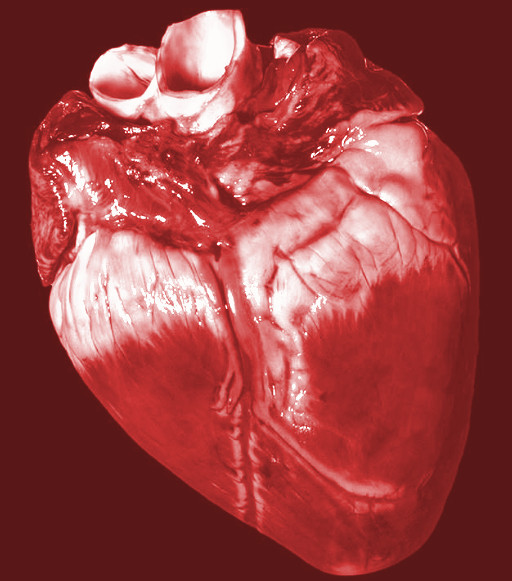Organ issues discussed
 Experts say an organ donor ‘opt-out only’ policy could mean fewer transplants.
Experts say an organ donor ‘opt-out only’ policy could mean fewer transplants.
A system that automatically considers people organ donors, unless they opt out, is one of the proposals in a report to Parliament by the Joint Standing Committee on Foreign Affairs, Defence and Trade's Inquiry into Human Organ Trafficking and Organ Transplant Tourism.
But the authority in charge of organ donation - the Australian Organ and Tissue Authority - says an opt-out system can create confusion when someone has recently died but not made their wishes known.
“In the absence of families knowing that their loved one wanted to be a donor, they may still just say ‘no’, even with the presumed consent law,” says Australian Organ and Tissue Authority's national medical director, Helen Opdam.
“We certainly see that in countries with presumed consent or opt-out laws.”
Dr Opdam says that regardless of whether a country has an opt-in or opt-out system, the families of deceased people tend to try to divine the wishes of the deceased person before making a decision about their organs.
This means that an opt-in system is in a sense more clear, because people have to make a deliberate choice to donate.
Currently, under Australia’s opt-in system, about 90 per cent of families agree with a deceased person’s decision to donate their organs.
For people on the register who have not talked to their families before their death, that figure drops to about 50 per cent.
Only about 1,200 people a year die in hospital on a ventilator, which allows their organs to be donated.
Last year, just over 500 of those people had become donors.







 Print
Print